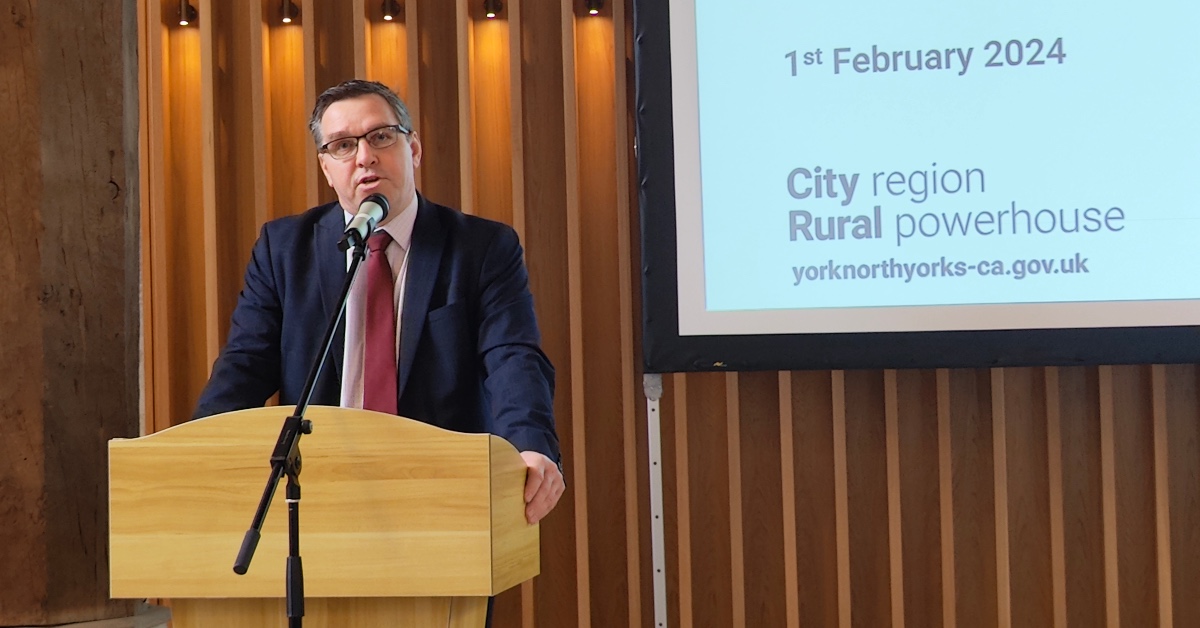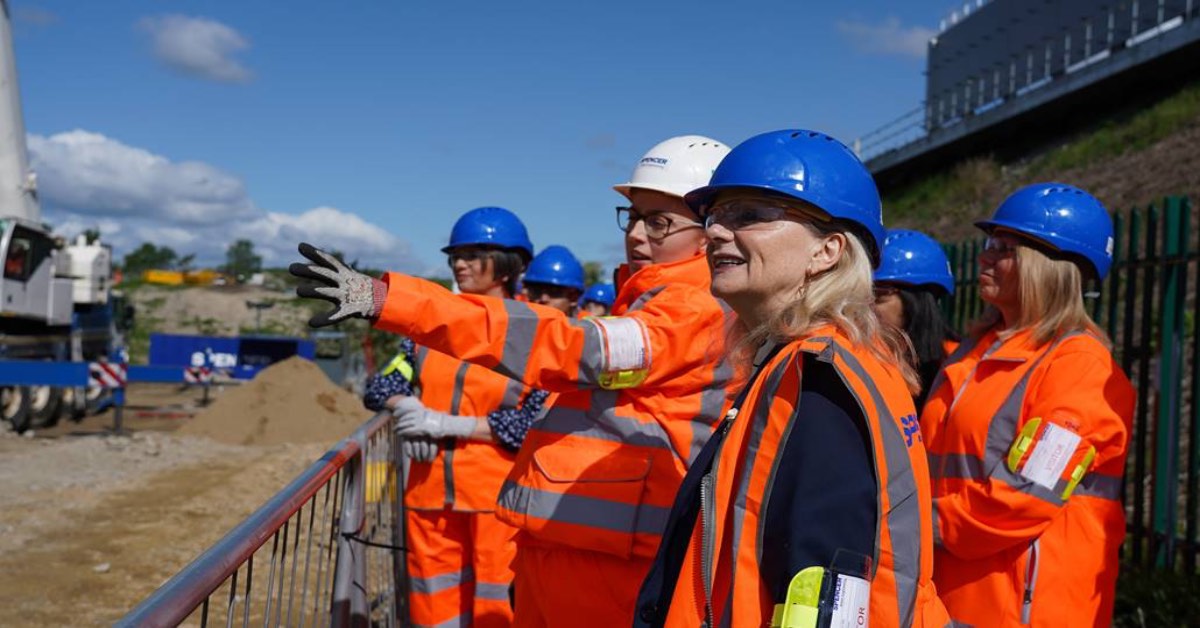Investment, attracting business and growing the economy – that has been the mantra for most of the candidates vying to become the first Mayor of York and North Yorkshire.
For all the six people contesting the position, each of them has sought to push their credentials for how they would help to grow the county’s economy and attract enterprise.
Some have emphasised their business background, while others have opted for ambitious pledges to regenerate parts of North Yorkshire.
However, the powers afforded to the mayor to directly support enterprise appear limited and much of their influence may come from “championing” the region to attract investment.
The Stray Ferret has covered the mayoral race extensively. In this article, we look at how a mayor can support the local economy and what they can do to boost investment.
The economic future of North Yorkshire
When the devolution deal for York and North Yorkshire was announced, politicians described it as a “watershed” moment for the region.
Much of the emphasis on the deal, which included the introduction of a combined authority, was about investment. Cllr Carl Les, leader of North Yorkshire Council, described it in August 2022 as an opportunity to drive “future prosperity and much better opportunities”.
The devolution agreement included a £540 million mayoral investment fund over 30 years – which the mayor themselves can use to help stimulate business, should they wish to.

James Farrar.
When the Stray Ferret interviewed James Farrar, director of economy and interim head of paid service at York and North Yorkshire Combined Authority, last month, he said the mayor would invest “a huge amount of money in the economic future” of the region.
He said:
“These are investments in transport, skills, housing and business which will have an impact on the future lives of residents across York and North Yorkshire.
“It’s the first time we have had one of these economic mayors. They have a huge amount of money to invest and a huge amount of responsibilities.”
Economic powers
So, how could the mayor boost the economy and attract investment?
The role comes with powers over transport, adult education and skills, as well as the ability to set up a mayoral development corporation to regenerate specific areas in North Yorkshire.
But, much of the power to attract investment and enterprise appears to rely on the influence associated with the mayor. In other words, the responsibility for “banging the drum” for the county.
Read more:
- Explained: How will North Yorkshire’s mayor work?
- What will the new combined authority mean for Harrogate?
- North Yorkshire mayor to be paid £81,300
Dr Richard Hayton, associate professor of politics at the University of Leeds, told the Stray Ferret that the powers afforded to the mayor would have a “limited capacity” for them to directly help the economy.
However, he added that they would have the ability to help co-ordinate other sectors to drive further investment.
Dr Hayton said:
“On their own the mayor will only have a limited capacity to directly boost the economy.
“However, hopefully a key role for the mayor will be to act as a champion for the region who can attract investment for example by co-ordinating different parts of the public and private sector to work together towards key objectives.”
Perhaps the closest and most recent example of this is the new £26.5 million railway station at the White Rose Centre in Leeds.
While the scheme is not directly funded by Tracy Brabin, the Mayor of West Yorkshire, it is a scheme led by West Yorkshire Combined Authority – which Ms Brabin chairs – and includes private developers Munroe K and Spencer Group.
Ms Brabin has been seen championing the project by backing the scheme in public statements and visiting the site, which aligns with the idea that metro mayors are seen as a “figurehead” for their region.

Tracy Brabin pictured at the construction site of the White Rose station. Picture: West Yorkshire Combined Authority.
Dr Andrew Mycock, chief policy fellow at the Yorkshire and Humber Policy Engagement and Research Network, told the Stray Ferret that the regional champion role of the mayor was important.
He said Ms Brabin in particular does “a lot of advocacy work” and has a public image which people in turn associate with the region.
Dr Mycock said:
“It is something that has been positive. You look at Tracy Brabin, she has a strong public role.
“A lot of her role is about advocacy.”
He added that, economically, whoever is elected mayor of North Yorkshire will also be expected to work closely with West Yorkshire.
Dr Mycock pointed to the government’s devolution deal for North Yorkshire, which emphasises that the combined authority should “explore opportunities for further collaboration” with authorities such as West Yorkshire.
He said:
“The challenge for candidates is that the economy is more diverse than most. You have got York, but you also have rural and coastal communities.
“One area [for the mayor] will be that they will have to work closely with the West Yorkshire mayor. The government has included strong conventions in the deal that they have to work with West Yorkshire.”
The election campaign to be North Yorkshire first mayor has been filled with pledges to boost the economy.
Some have promised High Street funds, others want to buy hotels and many believe they are the right person to attract private investment and business.
While the Mayor of York and North Yorkshire may not be able to directly affect how the economy performs, they will have responsibility for ensuring that those who do have that power invest in the county.








